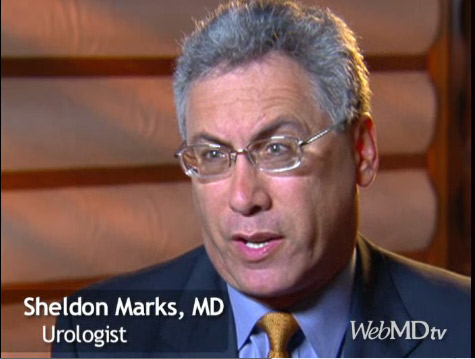Annual checkups and tests such as colonoscopies are important, but it’s not a good idea to rely solely on health professionals to spot cancer.
 It’s just as important to listen to your body and notice anything that’s different, odd, or unexplainable. (You should also listen to those close to you, such as a wife or partner, because others sometimes notice things we’re unaware of — or don’t want to admit.)
It’s just as important to listen to your body and notice anything that’s different, odd, or unexplainable. (You should also listen to those close to you, such as a wife or partner, because others sometimes notice things we’re unaware of — or don’t want to admit.)
One way to tell the difference between a symptom worthy of a doctor’s checkup and one that’s not: Is it going away, or slowly worsening over time? But don’t be afraid to ask for help, even if you’re not sure; you don’t want to join the ranks of cancer patients who realize too late that symptoms they’d noticed for a long time could have sounded the alarm earlier, when cancer was easier to cure.
1. Upset stomach or stomachache
2. Chronic “acid stomach” or feeling full after a small meal
3. Unexplained weight loss
4. Jaundice
5. Wheezing or shortness of breath
6. Chronic cough or chest pain
7. Frequent fevers or infections
8. Difficulty swallowing
9. Chronic heartburn
10. Swelling of facial features
Get the details from the source: caring.com


